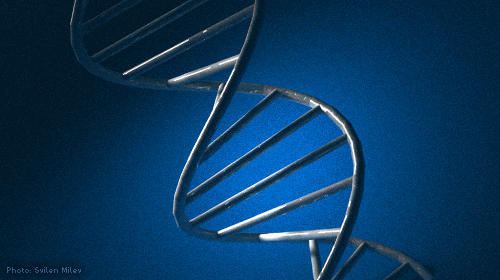
This post has been updated and slightly modified from the original, which appeared on Feb. 1, 2013 .
The U.S. Supreme Court heard oral arguments today in , a case that raises the question of whether the police can take DNA from everybody they arrest, without a search warrant or any reason to think that the DNA sample will be helpful in solving a crime. The └¤░─├┼┐¬¢▒¢ß╣¹ in this case to stop the government from invading the genetic privacy of hundreds of thousands of Americans every year. We argue that the government cannot do this: under our Constitution, every one of us is presumed innocent unless we are actually convicted of a crime, either by a jury of our peers or because we admit to a judge that we are guilty.
And the mere fact that a single police officer has arrested somebody because he thinks that he might have committed a crime does not change this. In California alone, nearly 100,000 people every year are arrested on suspicion of a felony but then never convicted of any sort of crime. More than 50,000 of these Californians are released without even being charged with a crime. Nevertheless, they still have to give their DNA to the police, even when they are arrested for even minor crimesÔÇösuch as simple drug possession or illegally subleasing a car.
Three of the plaintiffs in the were arrested at political protests (none was ever convicted of anything and two weren't even charged). Other DNA collection laws are even broader: the federal government, for example, can require you to give a DNA sample if you are arrested for walking your pet off-leash (or with a leash more than 6 feet long), or even parking violations on federal land. The government should not be able to seize, analyze, and permanently databank your DNA just because you took your dog to the park with a 7-foot leash. More worrisome, California and the federal government don't automatically destroy your sample if you are released without charges or found not guilty.
Our brief also points out that there is no need for the government to collect DNA from so many innocent people. First, in any case where there is DNA evidence left at the crime scene, the same probable cause that the police need to arrest somebody will allow them to get a warrant to take that person's DNA. Second, the law allows them to take DNA from people who are actually convicted of a crime. And, as research from the RAND Corporation and the United Kingdom has shown, taking DNA from innocent people doesn't help solve crimes (this obvious point is apparently lost on the proponents of this type of DNA testing).
To the contrary, it just wastes money and lab resources that could better be used to test the huge backlog of crime-scene samples that are sitting in evidence lockers and crime labs around the nation. Testing these backlogs, mostly taken from the scenes of very serious crimes such as murder and rapes, is much more likely to result in the identification and arrest of a dangerous criminal than testing the DNA of parking violators or protestors.
Learn more about medical privacy and other civil liberties issues: Sign up for breaking news alerts, , and .


